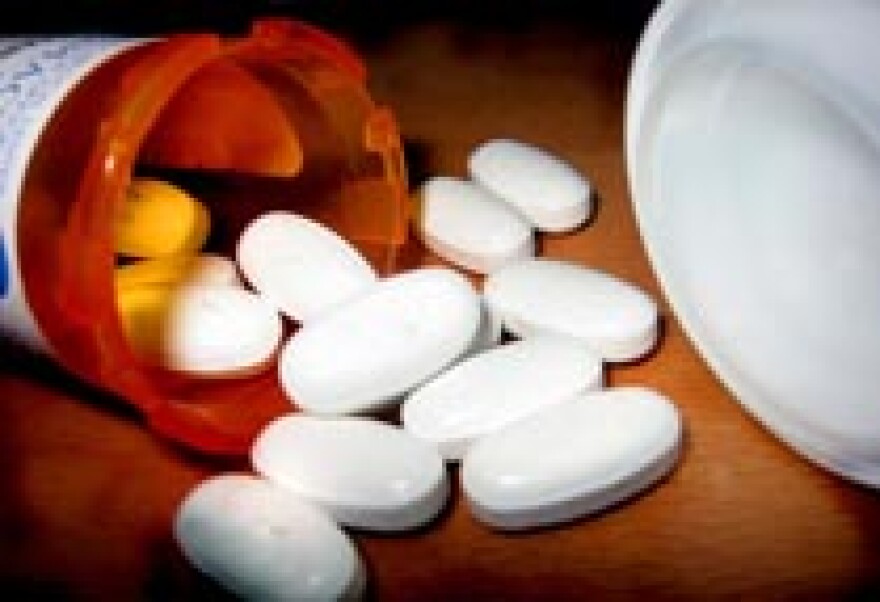A number of state and federal agencies are going to begin working together in Massachusetts in an effort to fight the illegal prescribing and dispensing of opioids.
Massachusetts Attorney General Maura Healey Wednesday introduced participants in a new interagency working group who will zero-in on the “ unlawful” and “ irresponsible” prescribing of pain medication, which Healey and others say is a key factor in the alarming rise of opioid-related overdoses and deaths in Massachusetts.
"Families and communities in this state have paid enough," said Healey. " The cost is too high, the time is too urgent and that is why we have to act now."
Joining Healey at the announcement were Special Agent in Charge Harold Shaw of the FBI’s Boston Office, Special Agent in Charge Michael Ferguson of the DEA’s New England Field Division, representatives from the U.S. Department of Health and Human Services and the Massachusetts Executive Office of Health and Human Services, and Massachusetts State Auditor Suzanne Bump.
" For the first time we are going to make a concerted effort to work together, to share information and data which will lead to more prosecutions and ultimately the end to illegal prescribing practices in this state," said Healey.
Healey said the members of the working group will meet regularly to collaborate on ongoing investigations, share information, and come up with strategies to thwart illegal prescribing and dispensing activities.
The task force will investigate doctors who prescribe opioids to patients with a prior history of substance abuse, or who prescribe very high numbers of pills to people for no legitimate medical purpose. Healey, whose office recently indicted a Ludlow physician on 41 counts of illegally prescribing oxycodone and other drugs and Medicaid fraud, has frequently talked about the need to change the culture surrounding prescription drugs.
" I think we are all responsible," said Healey.
Auditor Bump said her office will collect and analyze data to look for patterns to help identify doctors and pharmacists for further investigation.
"Associational data," said Bump who explained, " We can see if this person died of an overdose, and that person died of an overdose we can trace them back through all their medical relationships and identify their prescribers. The focus will be on patterns of practice."
Healey announced the formation of the interagency working group just a week after traveling to Washington D.C. where she met with the surgeon general and the White House drug czar to talk about increasing collaboration to fight the opioid epidemic.







